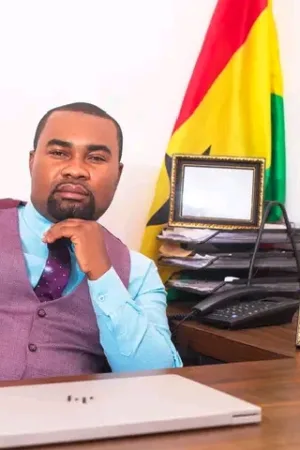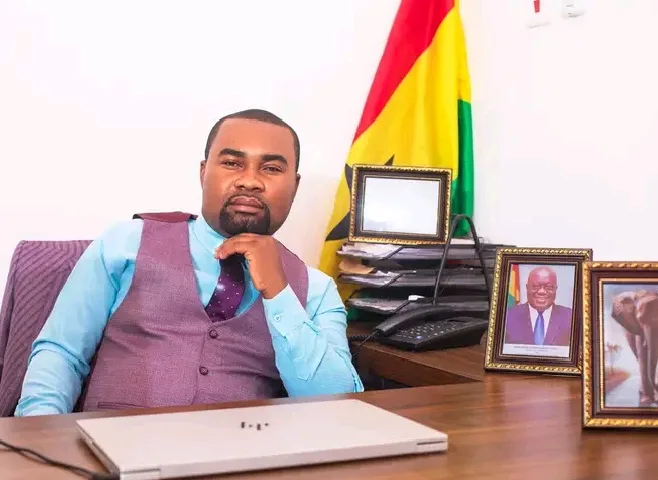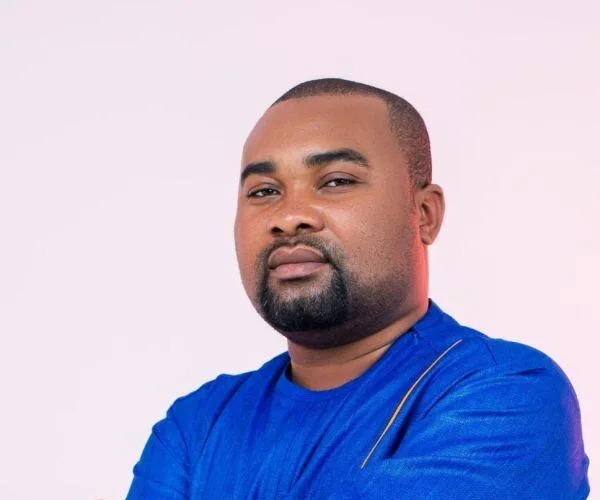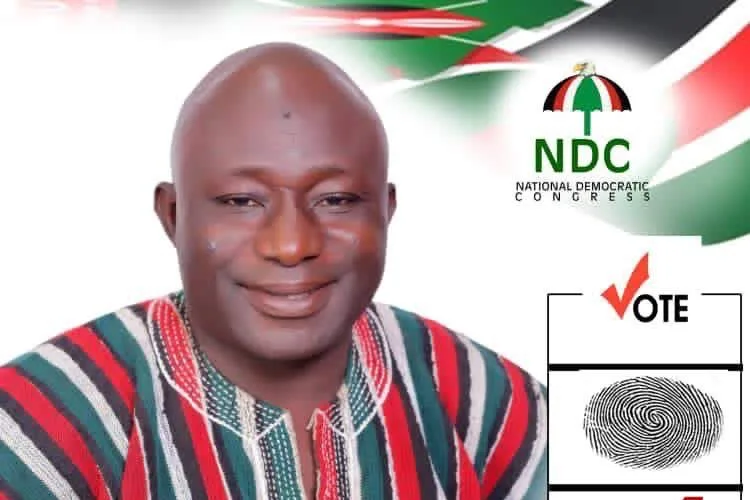The Executive Director of the Good Governance Advocacy Group, Ghana, and a member of NDC Communication team, Listowel Nana Kusi-Poku has unfortunately and sadly out of ignorance miseducated the general public as well as peddled falsehood about NLA-KGL contractual relationship on Class TV(CTV).
First and foremost, let me state categorically and authoritatively that:
1. Mr. Alex Dadey has ABSOLUTELY NO business relationship with Hon. Ken Ofori-Atta, and that Hon. Ken Ofori-Atta has NO business connection to KGL Group.
2. Nana Akufo-Addo and Ken Ofori-Atta are NOT Shareholders, or Stakeholders or Investors or Benificiaries or Consultants or Board Members or Directors of KGL Group.
Respectfully, even a layman could have easily verified the company’s records before publicly attacking the entity, and I am wondering if Listowel Nana Kusi-Poku is far below an idiot?
We have seen worse attacks, misleading information, and peddled falsehoods against KGL Group in the media space since the days of Nana Akufo-Addo’s government from some leading figures of the NPP so the attacks from Listowel Nana-Poku against KGL Group is just comedic.
Moving to the operations of National Lottery Authority(NLA), per the National Lotto Act, 2006(Act 722), all the business operations of NLA are 100% PRIVATELY Managed. The NLA itself, apart from regulating, licensing, and conducting lotto draws, DOES NOT directly sell lottery products via Online or in the Lotto Kiosks. The National Lottery Authority(NLA) since its establishment in 1958 originally as the Department of National Lotteries(DNL) has always raised revenue for the State through third-party companies including Lotto Marketing Companies(previously known as National Lotto Receivers Union).
Under Section 2(4) of the National Lotto Act 722, the National Lottery Authority(NLA) is mandated to “enter into collaboration, partnership or joint venture with any person, society, association, or corporate entity, to operate a game of chance in accordance with existing laws(including Lottery Regulations 1948). However, should there be losses from the game of chance, the collaborator, partner or entity shall not be compensated by the State or from the Lotto Account provided for under Section 32”.
The questions are:
1. Has NLA ever paid any money to KGL Group for its operational losses and payments of winning tickets? Absolutely NO.
2. Has NLA ever contributed financial resources to KGL? Absolutely NO.
3. Is KGL Group taking money away from the NLA just like the technical service providers and third-party contracts at the NLA? Absolutely NO.
4. Has KGL Group ever defaulted in its payments to the NLA? Absolutely NO.
5. Has KGL Group ever conducted its own 5/90 Lotto Draws parallel to the Lotto Draws of NLA? Absolutely NO.
6. Is KGL Group affiliated with Nana Akufo-Addo and Ken Ofori-Atta or the New Patriotic Party(NPP)? Absolutely NO.
7. Was KGL contract illegally acquired from the NLA in contravention with National Lotto Act 2006,(Act 722)? Absolutely NO.
8. Is KGL Group undermining the revenue mobilization efforts of government? Absolutely NO.
9. Is KGL Group giving honest value chain to government, NLA, GRA, NCA and Bank of Ghana? Absolutely YES.
10. Is KGL Group a law abiding Corporate entity in the Ghanaian business environment? Absolutely YES.
11. Is KGL Group assisting NLA to generate revenue for the State as well as fighting illegal lottery operations & stigmatization associated with lottery staking at no cost to the NLA? Absolutely YES.
12. Is KGL Group giving value for money to the sustainability of NLA? Absolutely YES.
13. Is KGL Group duly operating as a Lotto Marketing Company, assisting NLA to be competitive in the lottery industry dominated by 80% of illegal Lottery Operations? Absolutely YES.
14. Is KGL Group giving money which is more valuable and substantial than any company duly licensed by the NLA? Absolutely YES.
15. Was KGL Group legitimately licensed under Act 722 and Lottery Regulations 1948? Absolutely YES.
16. Was KGL contract legally approved by the Board and Management of NLA? Absolutely YES.
To further expose the ignorance of Listowel Nana Kusi-Poku and others harboring hatred against the operations of KGL Group, it must be noted that;
1. KGL Technology Limited was duly licensed under Sections 2(4), 5, 6, 7, 8, 9, 10, 11, 12, 13, 14, and 20 of the National Lotto Act, 2006(Act 722) supported by Lottery Regulations, 2008(L.l. 1948).
2. Most importantly, the representatives of Attorney-General, Ministry of Interior, and Ministry of Finance on the Board of National Lottery Authority(NLA) are NOT gullible. Such respected and well-learned personalities would definitely do proper scrutiny before approving the contract of KGL Group with the NLA.
In all humility and sincerity, I don’t think that the intelligence level of Listowel Nana Kusi-Poku is at par with the aforementioned representatives of the Ministry of Finance, Attorney-General, and Ministry of Interior on the Board of NLA.
Nation building is not based on empty hatred, Populist rants, and sponsored attacks against genuine businessmen including Mr. Alex Dadey.
As Executive Director of the Good Governance Advocacy Group, it is expected that Listowel Nana Kusi-Poku would argue his case from the standpoint of facts, accurate information and right data sources, not childishly resorting to noise-making, falsehoods, media blackmail and unjustified hatred against KGL Group and Mr. Alex Apau Dadey.
You can attack KGL but do so from the standpoint of wisdom and knowledge, not with fabrications, distortions, and maliciousness.
Issued by: Razak Kojo Opoku, Former Head of PR, NLA under Osei-Ameyaw Administration






